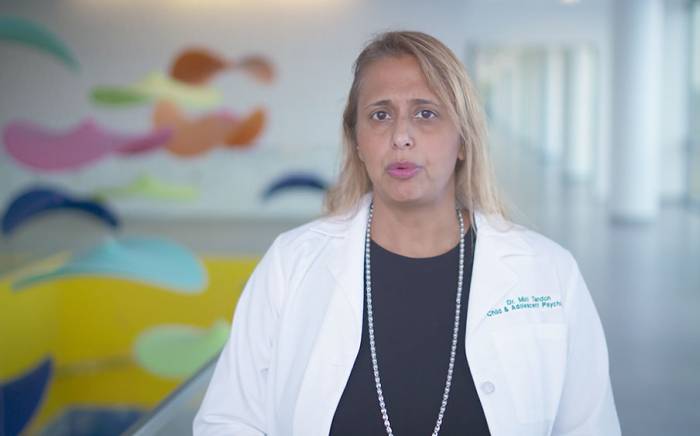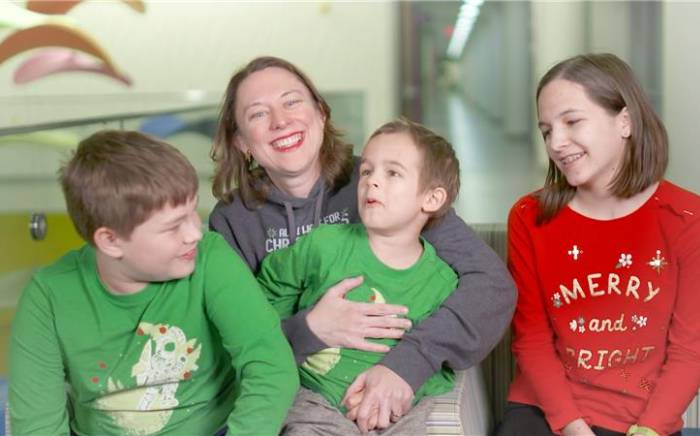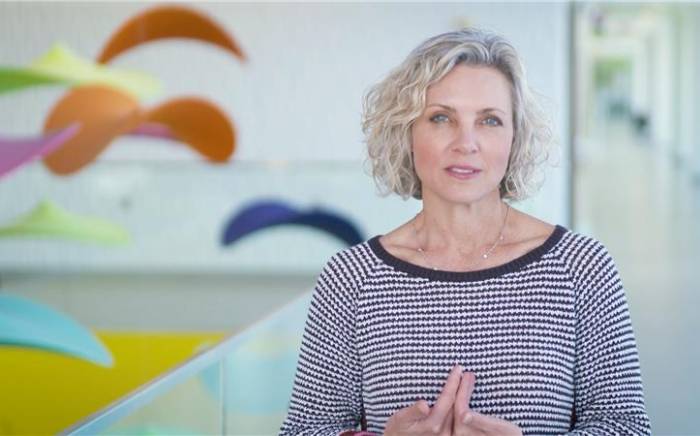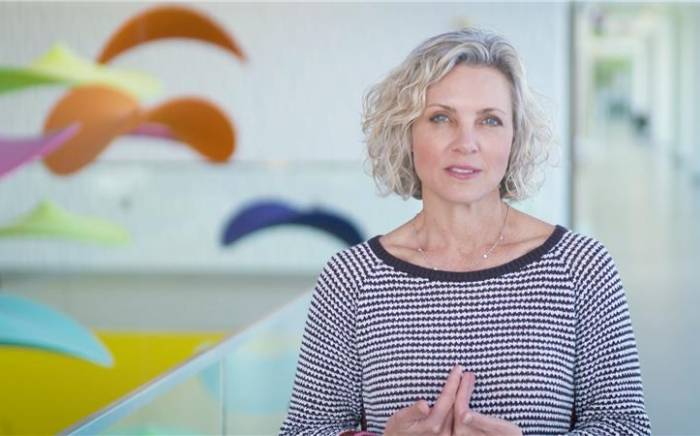What is a concussion?
A concussion is an injury to the head area that may cause instant loss of awareness or alertness for a few minutes up to a few hours after the traumatic event. Some concussions are mild and brief, and the person or untrained observer may not recognize that a concussion has occurred.
Signs of a concussion
Although symptoms may not occur right away, common signs include:
-
Headache
-
Dizziness or vertigo
-
Lack of awareness
-
Nausea and vomiting
-
Poor attention and concentration
-
Fatigue
-
Double or blurred vision
-
Irritability and/or bothered by light or noise
-
Memory problems
-
Sleep disturbances
If you cannot easily wake a person who has a concussion, they need immediate medical attention.
Concussion Treatment
It's important to remember that you should not return to sports or recreation activities until you are evaluated by a healthcare provider experienced in treating concussions.
Rest is key for the treatment of a concussion. The brain needs time to repair itself.
Often athletes have no symptoms after a few days. Headaches, nausea, and other problems may return from plunging back into sports too soon, though.
Other rules of treatment:
-
Immediately after injury, a doctor, school nurse, coach, or trainer who is experienced in evaluating concussions should check the person's mental status.
-
Remove the person from the activity, especially after loss of consciousness, until a healthcare provider experienced in evaluating concussions gives the person approval to resume sports or recreation activities.
-
Initially monitor the person's level of consciousness very closely for 30 minutes, then monitor his or her state of consciousness closely for the next 24 to 72 hours.
-
Restrict activity until the person is cleared by his or her healthcare provider to resume normal activities.
-
The person should gradually return to light activity. Contact the person's healthcare provider if symptoms recur.
Concussion Fact Sheet
St. Louis Children's Hospital has created a fact sheet for parents of children and teens who have recently had a concussion. It will tell you what to expect over the next days and weeks and offer some suggestions for helping your child through the recovery period. Learn more







